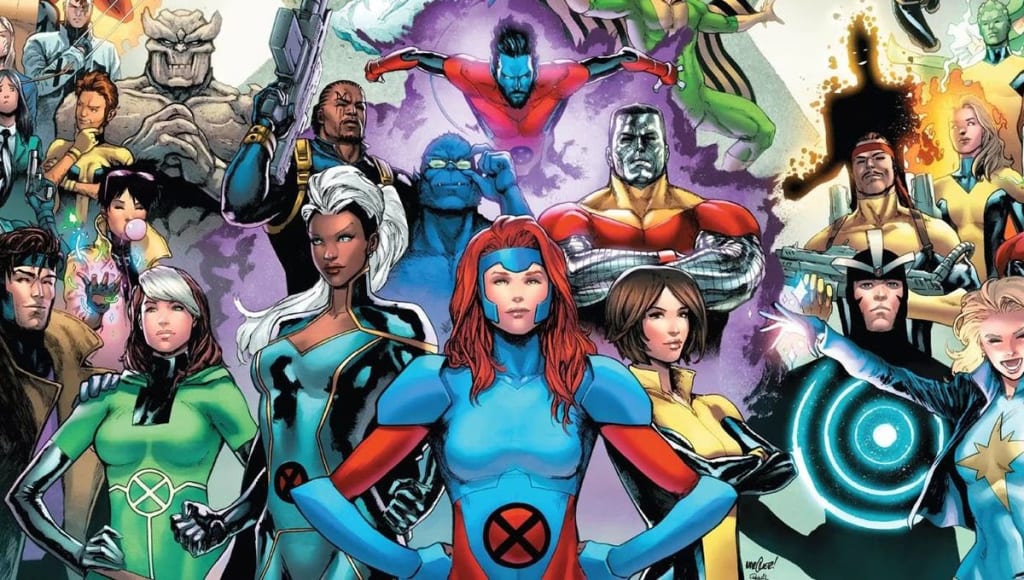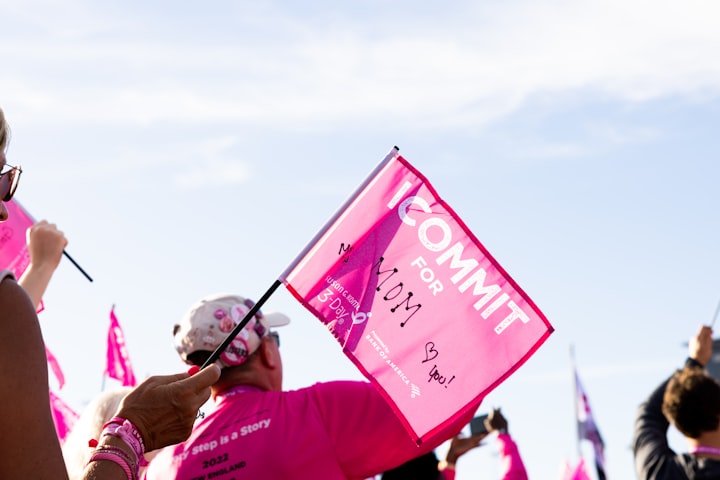5 Successful Team Building Typesets
A hard or soft magic system tool for fictional writing.

Let’s start by saying that this is just one strategy and only a suggestion. This by no means is the only strategy that results in successful team building. There are many or any variation that could be just as successful. A successfully built team is not definitive of good writing or a good story. This is just a tool to help provide some insight on how to build a well balanced and successful team. Successful being effective or efficient. The five types mentioned here are not the only types there are. These five are just the ones I have chosen to talk about. That being said Let’s begin.
Only one Logical Type character.
Logical Type character is usually mastered in several fields of knowledge or expertise. They apply these fields of knowledge regularly and are crucial to the entire teams success or functionality. The leader is the popular application of this character type, though it is not necessarily the only role he would or could fulfill. That is entirely up to you as the writer. It is like the logical type character to be:
- [x] Innovative
- [x] Equiptive
- [x] Tactical/ strategic
- [x] Informative
- [x] Persuasive
- [x] Determined
Only one Creative Type character.
This character usually functionally serves as a trump card for the team. Creative types are traditionally able to be vastly creative with their power set. However, they are limited by the stamina, potency, control, or some other hinderance. Limiting the power level is crucial to this character type. Otherwise you risk having them be overpowered or an A.I.O. (All In One) Type. The Creative type character will show traits of being:
- [x] Passionate
- [x] Dramatic
- [x] Traumatized
- [x] Unstable
- [x] Sympathetic/empathetic
- [x] Sensitive
- [x] Lack of self control
Only one or two Adaptive Type character(s).
These characters are as the name suggests, the most adaptable team members. Usually applied to the situation as needed. They will no doubt have a power set best applied for stealth and combat. However being so adaptable does mean they can pick up the slack for a missing team member if need be. They must at least be able to perform in two distinctive fields of performance to the team but can have more. It is important to remember that the power level of these characters shouldn't be more than your creative type. That is the only character type that the adaptive cannot replace. Adaptive types are used to bolster the entire team and round it out. These types will have some of the following characteristics if not all of them:
- [x] Organized
- [x] Perfectionist
- [x] Cooperative
- [x] Thoughtful
- [x] Analytical
- [x] Manipulative
- [x] Morally vague
Only one or two Direct Type character(s).
This character is going to be the easiest to place. They will no doubt have a power set best suited for direct confrontation, the strong man, as it were. They are heavily relied on in battle to take as much damage as they can dish out. Though they are the simplest in terms of application. They are crucial to a well balanced team, as a team without one would have a more difficult time compensating this types usefulness. They exhibit these traits traditionally:
- [x] Intensive
- [x] Ambitious
- [x] Assertive
- [x] Confident/cocky
- [x] Oblivious
- [x] Confrontational
Only one or two Support Type character(s).
Despite their lack of representation they are absolutely useful to a well balanced team, really making the difference in life or death, sometimes literally. The responsibility of support types lay most often in strengthening the defensive and or offensive capabilities of those on the team. The potency of these effects and the means will determine the effectiveness to their team. There should be a distinctive difference between supporting type responsibilities and just being helpful to the team. One thing that defines this type's responsibilities is their capabilities are traditionally applied to other team members. Though that is not a rule of this type, just how they are mostly applied. The only rule to a supportive type is that their abilities or skills are suited to others needs or weaknesses. Support characters traits commonly are as follows:
- [x] Peaceful
- [x] Dauntless
- [x] Passive
- [x] Brave
- [x] Observent
- [x] Charitable
Other helpful tips
All team members should share similar morales.
All team members should be personally individualized.
There should be at least one of each member.
All team members should be functionally diverse, even if they don’t fall into one of these five types.






Comments
There are no comments for this story
Be the first to respond and start the conversation.